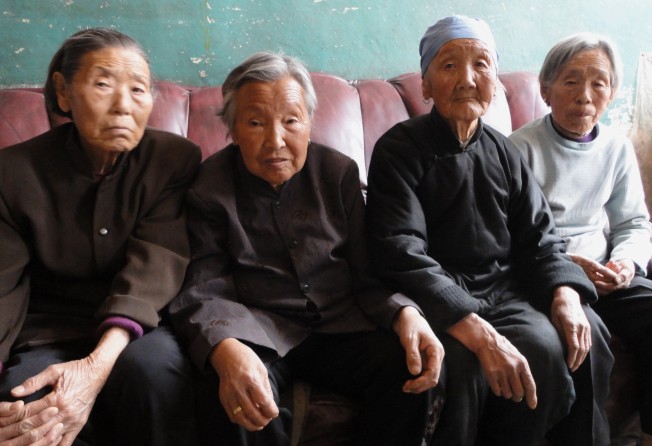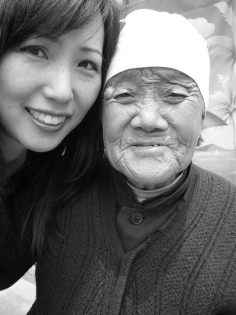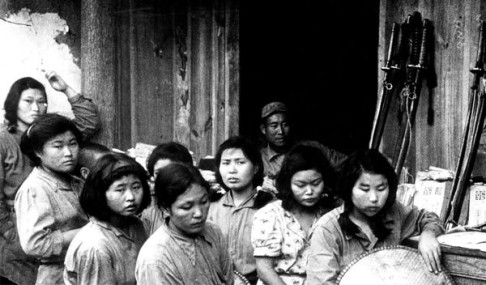

Author S.J. Friedman recounts the stories of surviving sex slaves - women from across East Asia forced into military brothels in one of the most terrible crimes of the second world war



Almost 14 years after she began writing it, author S.J. Friedman has published a book that hopes to break the decades-long silence surrounding the mass trafficking of women and children in Asia that took place between 1931 and 1945. It's estimated that up to 400,000 women and children - half of them Chinese, the rest Korean, Dutch, Taiwanese and Filipino - were taken as sex slaves to satisfy the needs of the Japanese military during the second world war.
The victims, some as young as 11 years old, were raped by up to 40 soldiers a day. Those who tried to escape would be beaten or killed as an example; others would commit suicide to avoid the physical and emotional trauma.

Their stories are hard to read; visual imagery takes us beyond mere statistics, and forces us to imagine what they went through; the queues of men with their pants down, the stench of antiseptic and stale sweat, the permanent throbbing pain, the nausea.
Today, the remaining survivors are disabled, unable to stand straight, some partially deaf, others infertile due to uterine diseases and abuse. Their youth lost, most have since been unable to enjoy a normal relationship with men let alone bear children and raise their own family.
Yet theirs is also a tale of survival, of the human spirit. The women that Friedman meets have been fearless enough to overcome the taboo associated with rape and to share their stories with others. These seemingly frail old women are in fact resilient, determined fighters, and will continue their resistance.
Friedman also talks to Japanese activists such as Yoshifumi Tawara, secretary general of an educational network and known for his fight against revisionist textbooks, who as a consequence has been targeted by the Japanese right. She even meets three former Japanese soldiers who express hope for future reconciliation.

The author has been deeply moved by the many women she encountered while writing the book. We could point out that the stories could have been packaged in a more compelling way - at times she gets lost in the detail, and the book would have benefitted from some photography to put faces to the names and numbers. But this would be to miss the point.
Friedman has made a valuable effort to address what remains a universal problem: she points out that today nearly 36 million victims of human trafficking suffer in silence as victims of sex slavery or forced labour. While some may consider it incendiary, the most important message to take from this book is one of hope for peace.
As former UN special rapporteur and investigator Gay McDougall puts it: "Through truth and justice comes reconciliation and healing, and where there is healing for the past, there is hope for the future."
Silenced No More - Voices of Comfort Women by S.J. Friedman (Freedom Publishers)